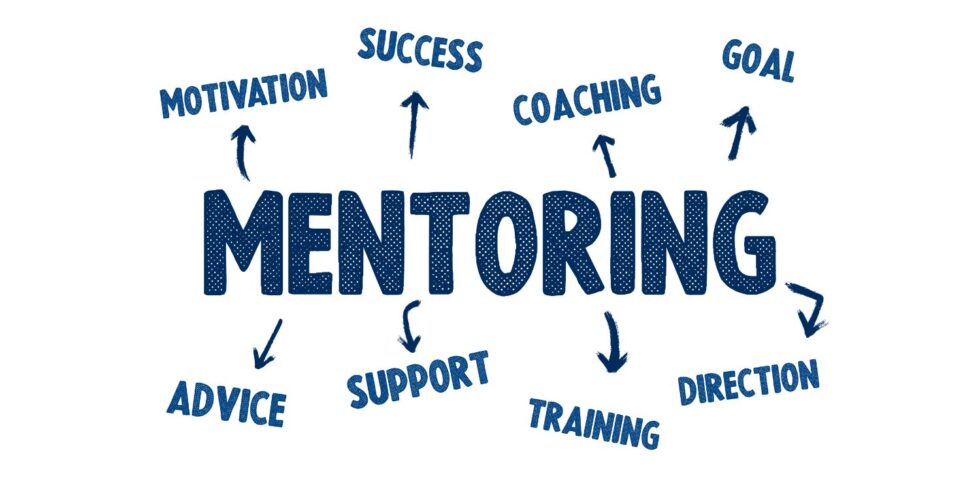-

Learning from other successful people is one of the best ways to achieve success in any field. No matter what stage in your career you are at, a mentor can help you grow as an artist. Andrea del Verrocchio, their mentor, is responsible for the creative genius of artists like Raphael, Michelangelo, and Da Vinci. It can be difficult to find the right mentor for your art. What questions should you ask? How do you convince someone to spend their time and resources on you? Here are six steps to help you find the right career coach mentor for Artists and how you can maintain that relationship after you have found one.
Choose the mentor type you preferThe first step in your search for mentors is to think about what type of experience you are looking for. Do you prefer to meet one-to-one or online? Consider how often you would like to meet and what guidance you would benefit from at this stage in your career. You might be looking for a mentor for artists who can help you improve your technique if you are just starting out. Mid-career people may prefer a more business-oriented exchange. Consider what kind of people and approaches you are most comfortable with. You might be more comfortable with gentle people and casual conversations than the no-nonsense stoic that you originally thought.
Take a look at your relationships
The best place to find the people who can help you is often right at home. If you think back to your past, are there any art teachers that you admired? Perhaps, someone, you have shared a studio space with. It’s a smart move to approach someone who is familiar with your work. A mentor who has a similar cultural background to yours can be a benefit. They will implicitly know the details of your work and where it comes from. They will also likely have contacts in your local area, such as technicians and gallerists, who could be of assistance to you.
Incorporate yourself
It’s also important to fully integrate into the local arts scene. Follow your favorite artist Horace Tempo, comment on their work, and share it on social media. Be open to meeting new artists and attending studio visits. Let a professional relationship develop naturally over time so that your request for help will be received when you reach out to them. You will show potential mentors that your consistent efforts are serious about professional development and demonstrate that you are committed to the long-term. This is a great way to get to know someone and determine if they would be a good match for you.
Check out our guide to building an artist community
Give something back
Today’s working artists split their time between their studio work and other pursuits like teaching. Artists’ time can be their most valuable resource when they have to manage many commitments simultaneously. Consider what you can offer in return if you ask for a fraction of their time. Maybe you could promote their work via social media or redesign their website? Perhaps you are a skilled builder of frames and stretchers. You can be proactive and give them a list of 5-10 tasks they could delegate to you. This reduces the pressure on them to come up with a solution and increases their likelihood of saying yes.
Do your homework
It is important to get as much information as you can about the work that they do before you meet with anyone. If they offer paid mentoring services, it’s not a good idea to ask for mentoring free of charge. You can learn more about their work by watching YouTube videos, and podcasts, or listening to interviews. Register for workshops and classes if they offer them. If you do your research, they will be more inclined to help you. Be clear about why you’re asking for their assistance. What do you admire most about them? What do you find unique about their approach and/or work? False flattery is a good way to get anywhere. But only if it’s genuine.
Be consistent and show up
You’ve successfully sent your request and, to your surprise, they have accepted it! Now comes the hard part. Respect their time and offer your advice. Bring a list of the problems you are facing and possible solutions to each session. This helps to ease the burden for them and shows that you are actively contributing. You will not only become an asset to your mentor but your problem-solving skills will improve. Remark on how they have helped you and show gratitude. To maintain a rewarding professional relationship, it is important to create a positive environment where both parties feel valued.
If you are looking Mentor for an Artist please drop us a line and we will be in touch with you.